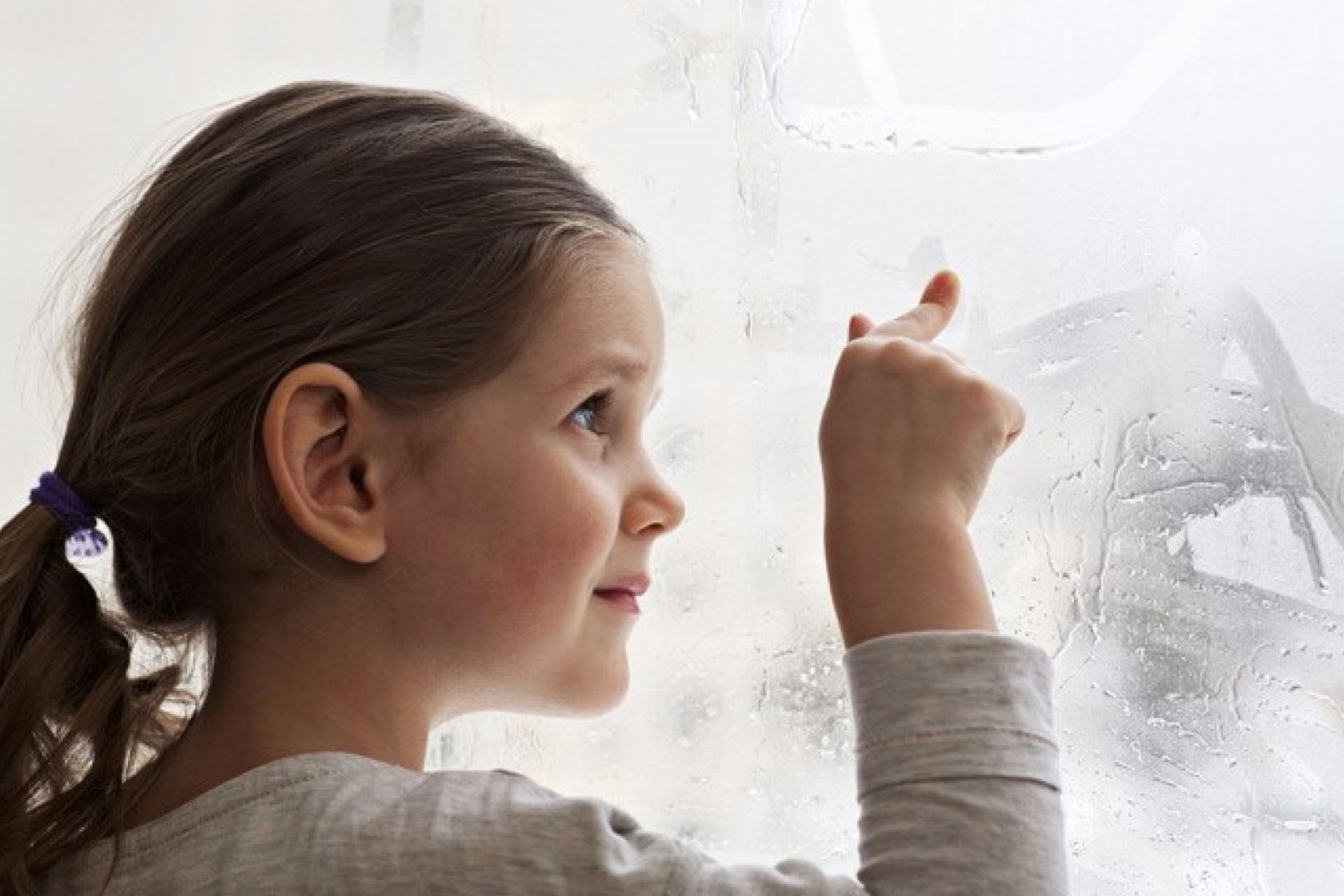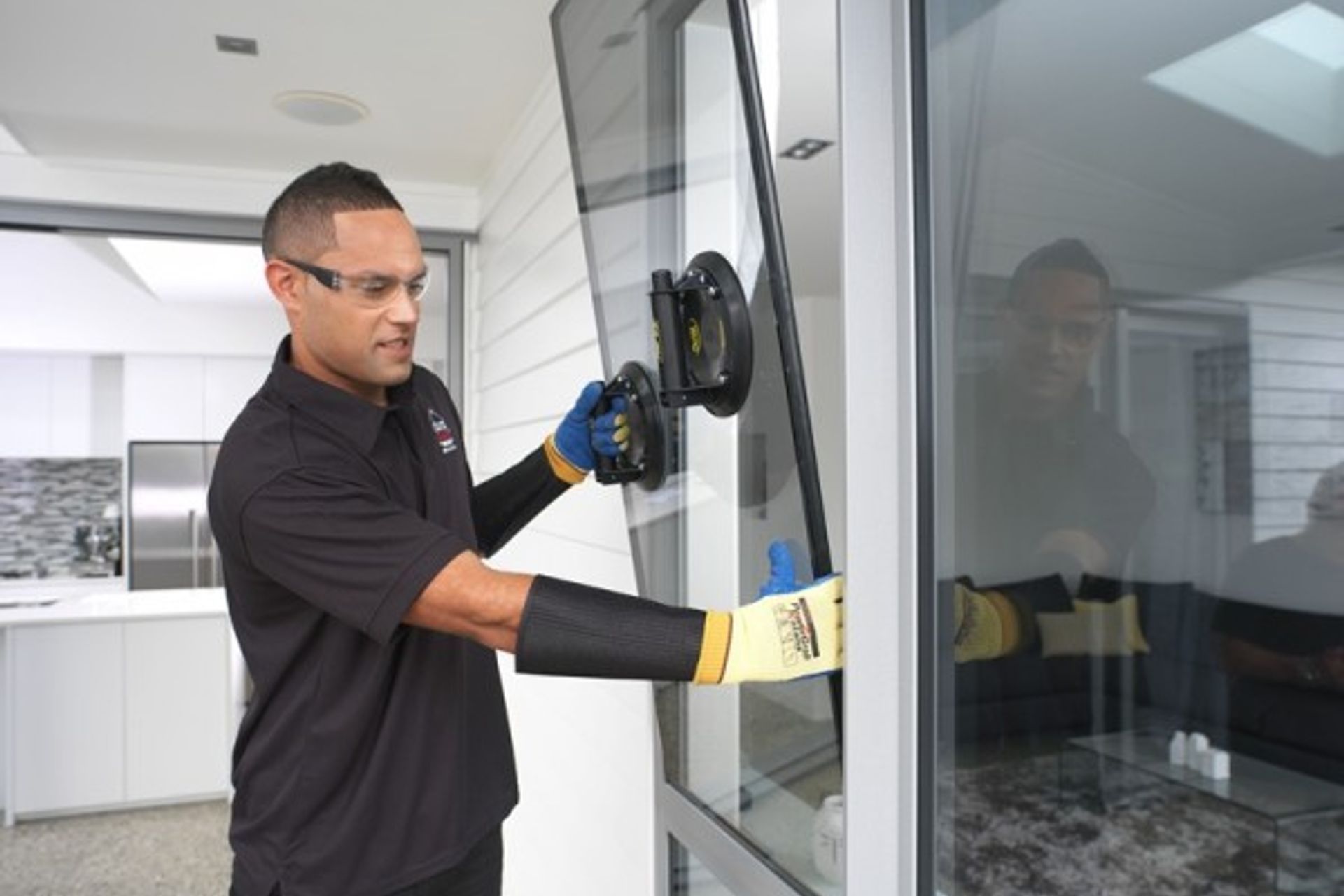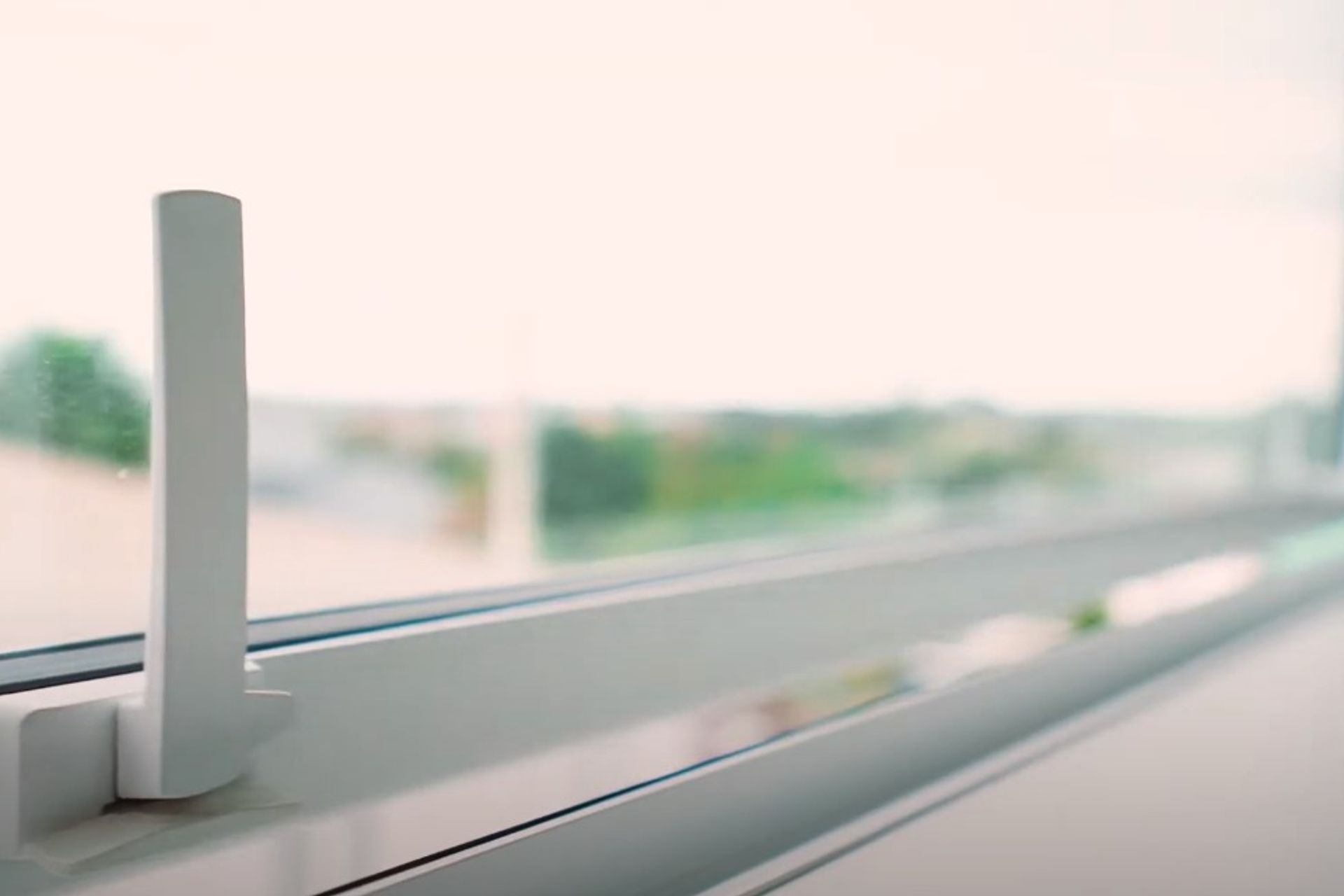Damp, drafty, tired: When to improve your windows


Any New Zealand homeowner knows that there's more to a good window than simply providing a view. These features play a vital role in making your home comfortable while also adding to its aesthetic value.
Although high-quality windows are very durable, eventually they will need a bit of TLC - the trick is knowing when. In this article, we'll look at five red flags that indicate your windows may be on the way out, and show why double glazing should be the solution that you adopt for your revamp.
Windows are integral not only to your view but to the health and comfort of your home
1. Their appearance
If you're wondering when to improve your windows, an easy place to start is by inspecting them. Over time, single glazed windows can start to show signs of their age, including:
- Soft, saggy or rotted frames - These symptoms often point to long-term water damage.
- Difficulty opening and closing - While sometimes only minor repairs are needed, in older windows this could mean its time to look for an alternative.
- Condensation - As we'll see later, condensation might signify a serious problem.
- Chips and scratches - These problems take away from the look of your window, and the room in general.
- Gaps - Gaps around joinery can allow water in, and let heat out.

2. Changing temperatures
It's no secret that homes in New Zealand have a reputation for getting cold in winter, especially the older ones. Indeed, according to building sustainability experts Level, 21-31 per cent of heat loss in an uninsulated timber-framed building is through the windows.
If you're noticing that your house is feeling colder than usual it could well be your windows that are to blame. A good test is to stand near your windows on a cool day - if the area surrounding them is noticeably less warm than other parts of the house, you may have found your culprit. A further detection technique is to hold a lit candle near each corner on your windows. A flickering flame points to a draft. Between 21-31 per cent of heat loss in an uninsulated timber-framed building is through the windows.
Another indicator that your home may be suffering from poor window insulation is if you're seeing an otherwise unexplained rise in your energy bills. If your windows are letting out warm air in winter (or indeed letting cool air out in summer) your air conditioning will need to work overtime to maintain the desired temperature. While replacing glass may seem an inconvenient task, it's worthwhile when you know you could be saving money in the future.
So, what can you do?
A great solution for excessive window heat loss is to opt for double glazed windows, such as from Dualglaze. By trapping a layer of air between two panes of glass, double glazed windows can significantly improve the energy efficiency of your home, making it both more comfortable and with less expensive heating costs.
This is especially true if you use low-emissivity (Low-E) glass, which allows light and heat in as normal, but reflects some thermal energy back into the room. According to the Energy Efficiency & Conservation Authority, Low-E double glazing cuts window heat loss 20 to 30 per cent more than standard double glazing. Luckily, double glazing can often be easily retrofitted, meaning new double glazed units can be slotted into existing joinery.

3. Increasing dampness
Growing dampness and mould can be other signs that your windows need maintenance. As well as potentially producing an unpleasant smell, a damp house can impact the health of those living in it. Mould produces allergens that can cause skin rashes, red eyes and sneezing, among other symptoms.
Again, double glazing offers the solution here
Condensation is the process whereby warm air cools and turns into water. Double glazing helps prevent this because of its improved energy efficiency which reduces the transfer of cold air to the inside. This stops cold air cooling warmer internal air, meaning fewer water droplets form inside of the house, keeping it drier.
4. Poor acoustic performance
If you're regularly disturbed by external noises, this could indicate one of two things in relation to windows:
- Single glazing - Double glazing provides a sound buffer from external noise, compared to single glazing you could experience a reduction of up to 50%.
- Gaps - Generally, older windows contain more gaps than new ones. This can be down to seals breaking down, and these air gaps can result in poor acoustic performance.
Installing double glazing can help significantly in reducing the amount of external noise that you hear in your home. This is because sound travels a lot slower through the air than it does solid substances (such as glass windows), so the sealed space between the panes of double glazing act as an important barrier for absorbing sound waves. This can be improved further still through the use of laminate glass. Here's why: A normal insulated glass unit consists of two panes of glass with air between, sealed all around. Laminate glass is actually two panes, sealed together with a resin layer. Therefore, if you were to use laminate glass as one of your double glazing panes, you're got an even more effective sound barrier.
5. Faded furniture
If there's one thing all New Zealanders know, it's don't mess with our sun. But were you aware that it's not just your skin at risk? UV rays can damage your home too. Have you've noticed that your furniture, carpets, rugs or even timber flooring positioned in areas that receive a lot of sunlight is fading? Chances are you may need new glass in your windows. Double glazing is much better at blocking out these harmful rays than traditional single-pane windows because it reduces the amount of heat and visible light that radiates through the window.
